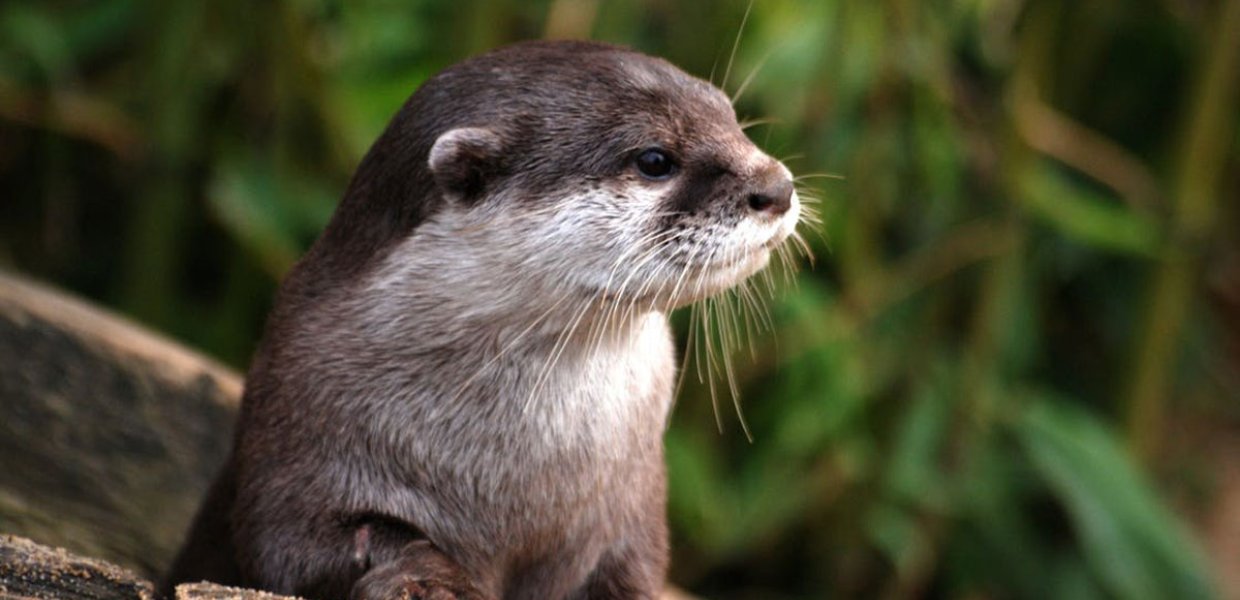
Otter fur and lifeblood: The soma of trade in San Pedro Bay
Monday, April 11, 2022
Noon – 1 p.m. PT
Online
In this paper, Christina Dunbar-Hester explores the complex relationships among commerce, empire, environment, and the nonhuman life forms of San Pedro Bay over the last fifty years, coinciding with the era of modern environmental regulation in the United States. San Pedro Bay, which contains the contiguous ports of Los Angeles and Long Beach, is a significant site for petroleum shipping and refining as well as one of the largest container shipping ports in the world — some 40% percent of containerized imports to the United States pass through enter North America here. It is also ecologically rich. Built atop a land and waterscape of vital importance to wildlife, the heavily industrialized Los Angeles Harbor contains estuarial wetlands, the L.A. River mouth, and a marine ecology where colder and warmer Pacific Ocean waters meet. Her case is the conservation of the California sea otter, an endangered subspecies that dwells in a curious contradiction: first industrially commodified, and now protected and conserved within a context of an even greater scale of state and industrial relations that are known to cause endangerment. As the port complex is a node in a global network, its local stories illustrate deep linkages and conflicts between lives and the life of trade.
Associate professor Christina Dunbar-Hester conducts interpretive research into the politics of technology. She authored two award-winning ethnographies of activism in technical communities: most recently, Hacking Diversity: The Politics of Inclusion in Open Technology Cultures (Princeton University Press, 2020); and Low Power to the People: Pirates, Protest, and Politics in FM Radio Activism (MIT Press, 2014).
Dunbar-Hester’s current research covers natureculture, environmental studies, and lively and deadly envirotechnical systems. She is currently writing Oil Beach: How Toxic Infrastructure Threatens Life in the Ports of Los Angeles and Beyond (University of Chicago Press), a study of multispecies life and death in the ports of Los Angeles/Long Beach, with emphasis on global shipping, wildlife conservation, and petroleum. Oil Beach will be published in early 2023.